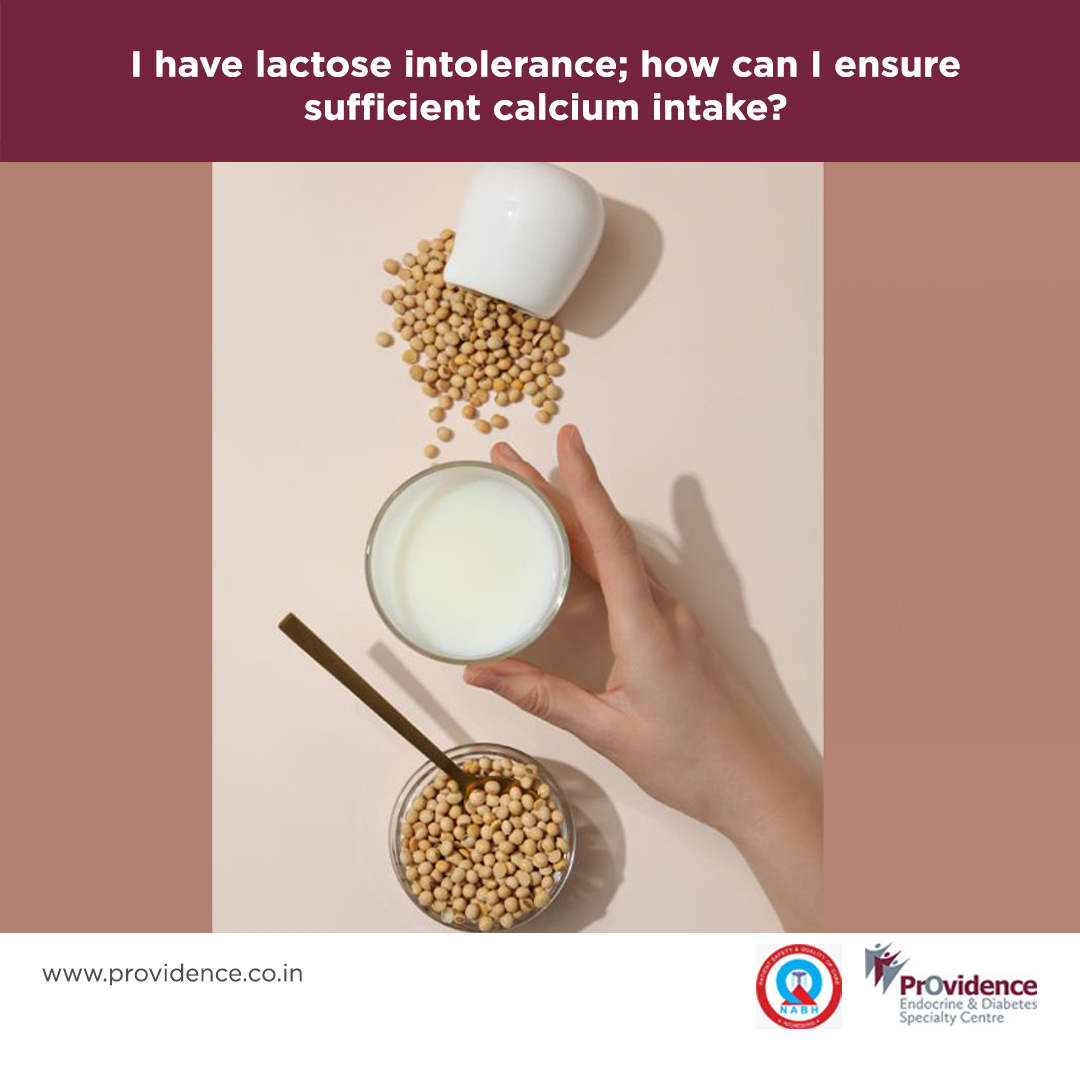The daily recommended calcium intake is about 1000-1200 mg for adults and 300-1050 mg for children. Making sure you get enough calcium is crucial for maintaining strong bones and overall health. Although dairy products are a well-known source of calcium, there are many other non-dairy options for people with lactose intolerance.
A variety of foods naturally contain or are fortified with calcium. Incorporating these into your diet can help you reach your daily goals.
Non-Dairy Foods High in Calcium
• Cereals : Several cereals are rich in calcium, with finger millet (Ragi) being particularly notable for its high calcium content. Other options include fortified cereals, oats, and certain types of granola.
• Pulses and Legumes : White beans, chickpeas, and other varieties of lentils are good sources of calcium.
• Leafy greens: Certain dark green vegetables are great sources of calcium. Kale, collard greens (avoid spinach—calcium isn’t well absorbed).
• Cruciferous vegetables : Broccoli, turnip greens.
• Tofu (calcium-set): Tofu can be an excellent source of calcium, but the amount varies widely depending on the brand and how it was processed. Look for tofu that is “calcium-set” or “made with calcium sulfate.”
• Fortified foods:
o Plant-based milks (almond, soy, oat) with added calcium.
o Orange juice, cereals, or energy bars fortified with calcium.
• Canned fish with bones : Sardines, salmon (bones are edible and high in calcium). They also provide vitamin D, which is crucial for calcium absorption.
• Nuts & seeds : Many seeds are nutritional powerhouses. A single tablespoon of sesame seeds or chia seeds can add a significant amount of calcium to your diet. Almonds, chia seeds, sesame seeds (and tahini).
• Dried Figs : A handful of dried figs can provide a decent amount of calcium and make a great snack.
Some people with lactose intolerance can still consume certain dairy products without discomfort, as the amount of lactose can vary.
• Hard, Aged Cheeses : Hard cheeses like Swiss, Parmesan, and Cheddar contain very little lactose and may be tolerated in small amounts.
• Lactose-Free Dairy Products : Many grocery stores offer lactose-free versions of milk, yogurt, and other dairy products, for example, Amul lactose-free milk. These products have the lactase enzyme added to break down the lactose, making them easy to digest.
Vitamin D significantly enhances calcium absorption. To make sure you’re absorbing the calcium you consume, be sure also to get enough Vitamin D.
Mrs. Sreekutty S, Msc



